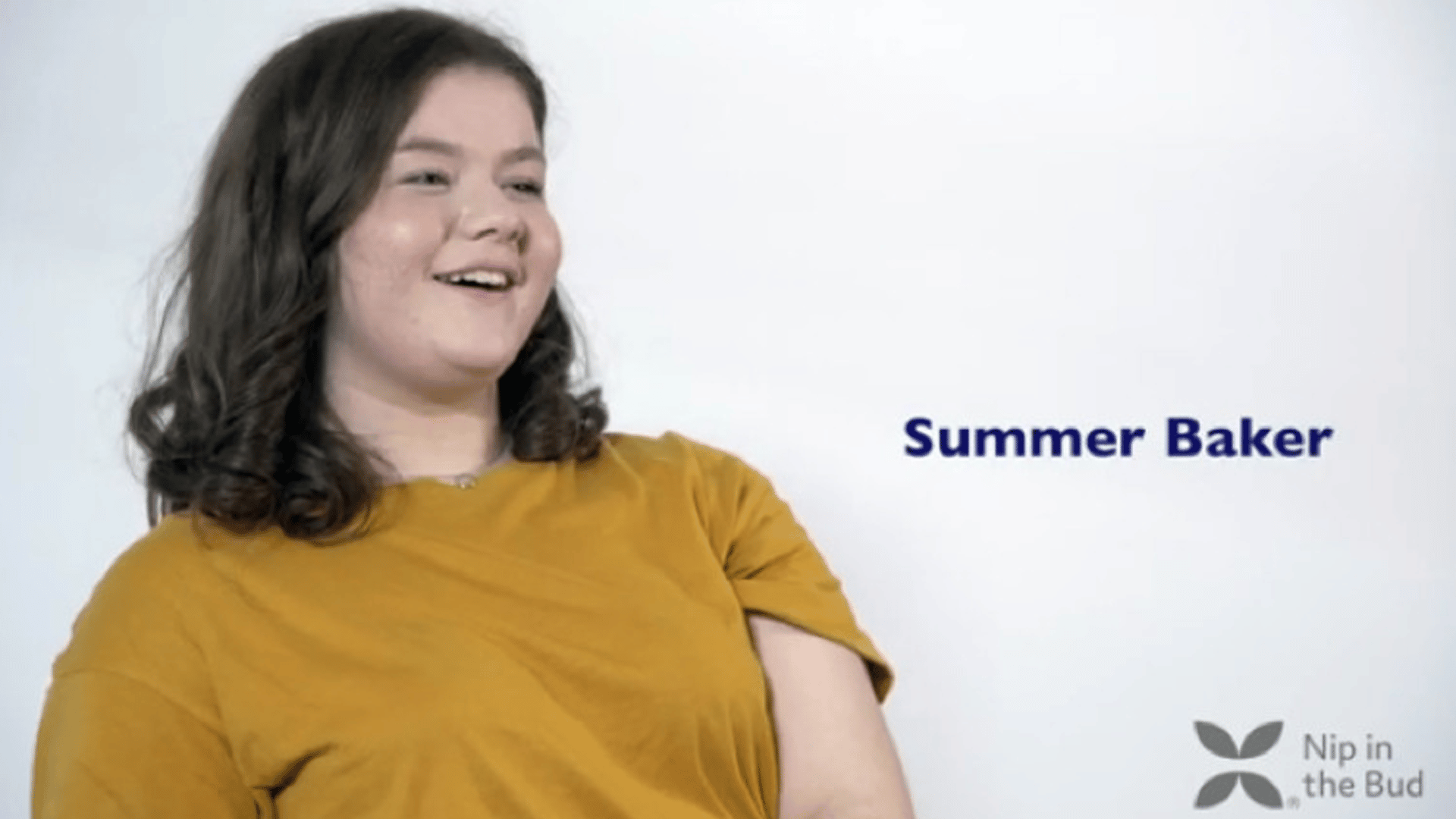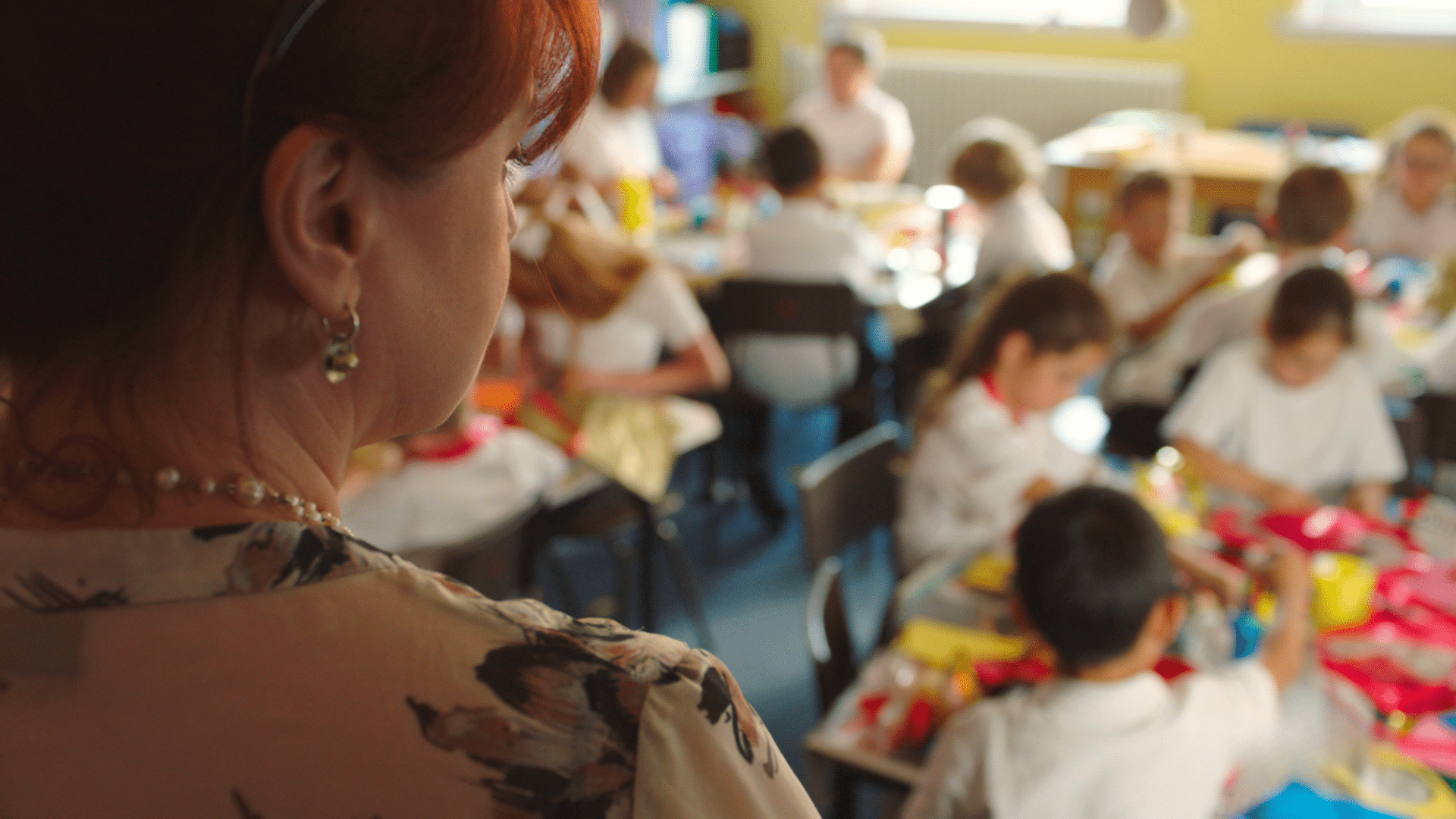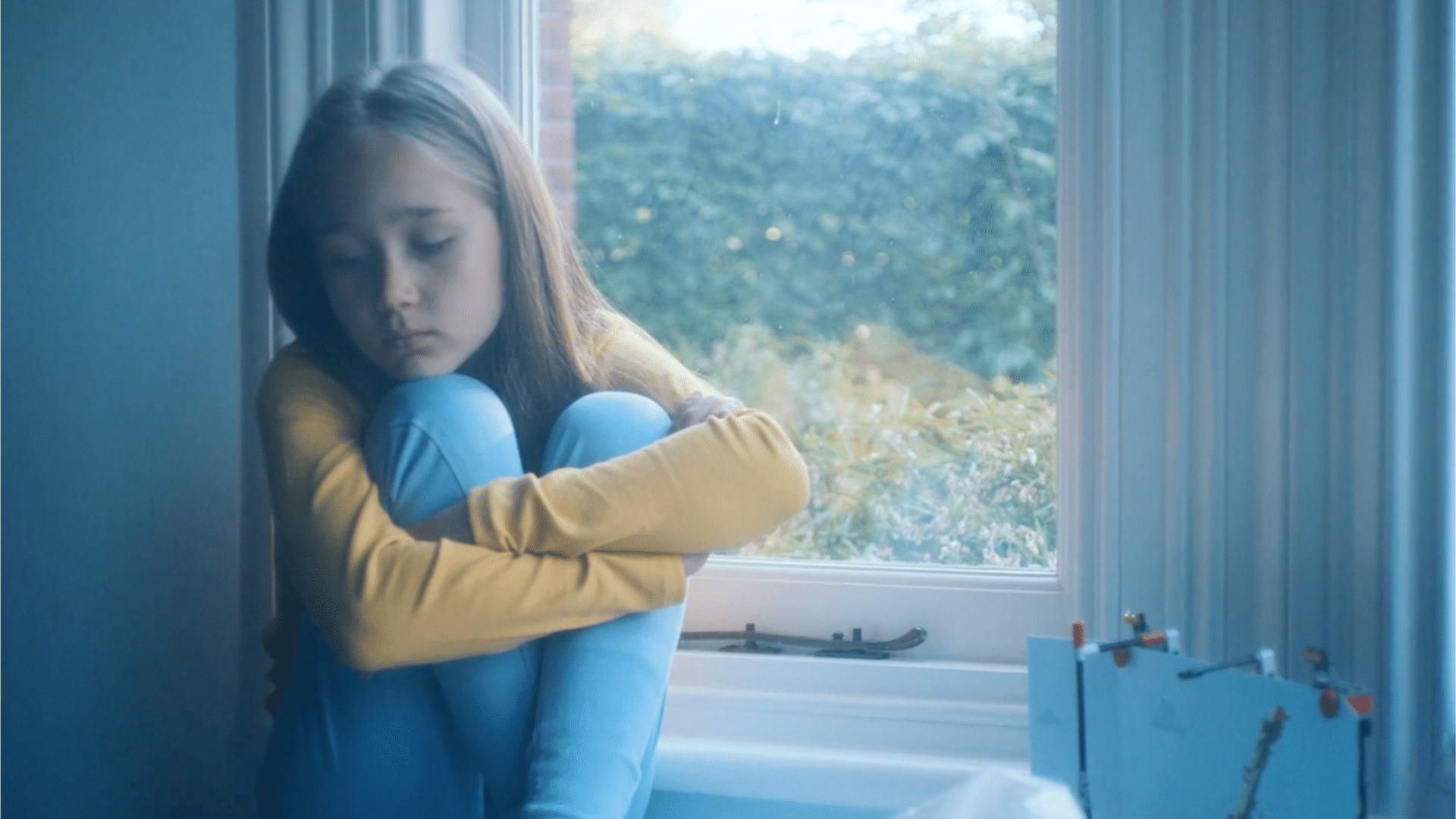
Why is it important to be able to recognise the signs of Autism in children? First and foremost, it can help parents, teachers and carers review and adapt the way they respond to a child’s behaviour. Autism spectrum condition (ASC) is commonly misunderstood and can be difficult to diagnose.
Our films about Autism in children helps to demystify many assumptions about ASC. In the film, we meet young people who have Autism and learn about how the condition affects their daily life. We learn that autism isn’t always easy to identify especially in children who are very able. Boys may be compliant and delightful to educate when they’re younger but as they turn 9 or 10, they may find it difficult to manage relationships. Girls are particularly good at camouflaging to ‘mask’ their autism or the anxiety that often accompanies it. Initially they may present more like suffering with Obsessive Compulsive Disorder (OCD).
In the film, we meet Summer, who admits she broke down in tears when she received her diagnosis of Autism Spectrum Condition. She says she held assumptions that people with autism were, “robotic, like Sheldon Cooper from the Big Bang Theory TV show”! On the other hand, Summer’s mother felt relief at finally getting the right diagnosis. It’s clear that there is still much stigma attached to Autism in children. This is why it’s so important for people to better understand how the frustration of living with Autism may result in certain behaviours that might be negatively perceived without the right context.
Key facts about Autism in children:
- Autism in children is not a mental health disorder, it is a neurodevelopmental condition
- Autism spectrum condition (ASC), is the preferred name for what is formally known as autism spectrum disorder (ASD)
- 70% of children with Autism spectrum condition (ASC) develop at least one co-occurring mental health issue, and 40% of these will develop more than one
- ASC in children varies widely, but typically affects three main areas of functioning: communication, social interaction and behaviour
Why have we created a film about Autism in children?
Trying to describe the intricacies of Autism in writing is problematic for a number of reasons; most notably because it doesn’t show the reality of what Autism in children really looks like. Children with this condition are not ill and they are capable of feeling emotion and empathy just as any children do. Some children with Autism are so socially aware, in fact, that they are masters of hiding their challenges from others.
The film we have created about Autism in children provides a platform for those affected by the condition to share their personal accounts in a direct and unmediated way. It presents an engaging journey into what Autism spectrum condition is and the symptoms that often present alongside it.
Child Clinical and Educational Psychologists give a balanced overview of what Autism in children means for those who have the condition and the people who care for them. They also advise on the downloadable Fact Sheet on what to do if you think a child in your care has Autism.





